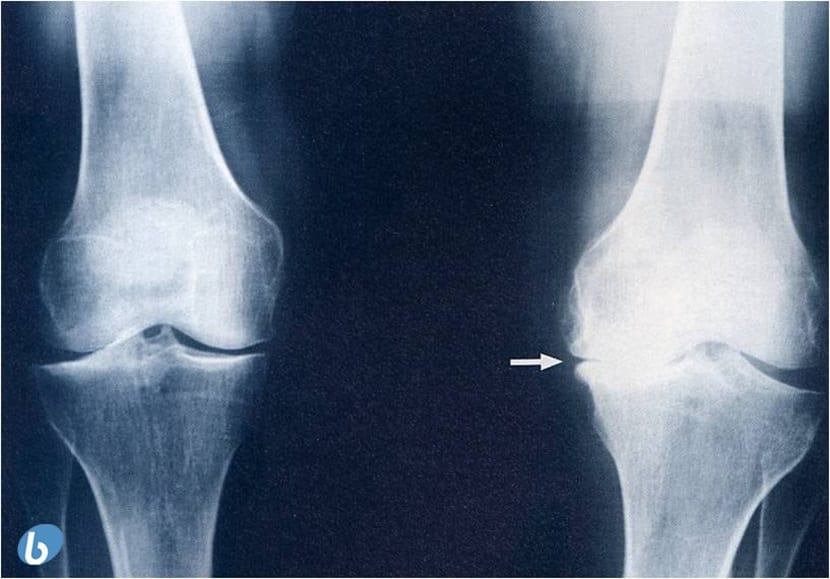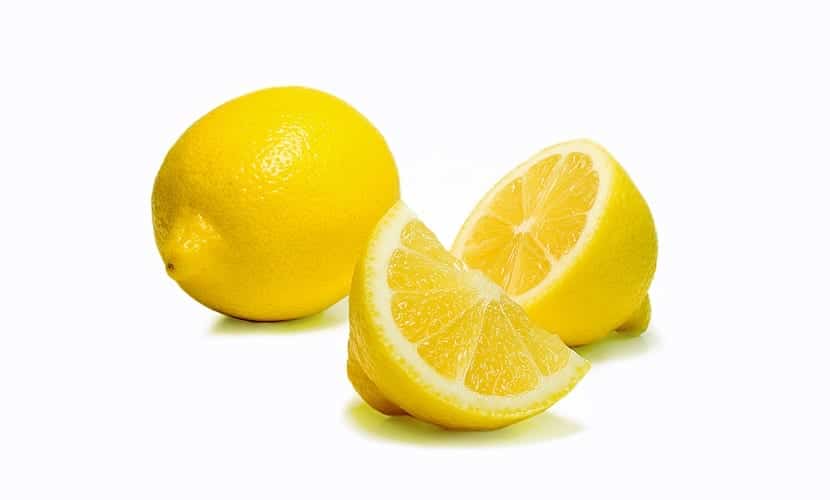
Collagen is found in our body and unfortunately goes unnoticed. For this reason, we want to dedicate a space to it and learn about what is it really, what function does it have for our skin, how it is produced and where we can find it.
With the passage of time, our skin suffers. Arrived at a certain age it is convenient start taking care of yourself even slightly and several times a week. It's okay to start with moisturizers that slow down skin aging and the appearance of blemishes, but collagen is taking a step further.
What is collagen?
Speaking in more technical terms, collagen is a protein that is made up of many fibers. It is secreted by connective tissue cells, that is, by fibroblasts. It constitutes between 25% and 30% of the total protein mass of the organism and 80% of the total connective tissue.
Collagen is formed by amino acids, such as glycine, arginine, proline, hydroxy-proline. In addition, it is very important to highlight the large amount of zinc, copper and silicon it has. Collagen is found in all parts of the body that perform important activity, such as the bones, ligaments and tendons becoming a material or a protein vital for the elasticity of the skin.
Collagen function in our skin
Collagen provides extra strength to all body structures, protects them by forming a barrier against toxic substances, pathogens and all kinds of toxins found in the environment such as microorganisms and cancer cells.
On the one hand, blood vessels are well protected thanks to the action of collagen. The digestive tract, bladder, gallbladder, kidneys, and heart all pass control of collagen, keeping tissues and cells together. On the other hand, collagen is found in large quantities in hair and nails as well as in the ligaments, and tissues that join the muscles to the bones.
That is why collagen is so important because is part of the dermis, supports the skin and is the most complex protein of the connective tissue, so if we are lacking in collagen in our body, we will have a lack of firmness and therefore, an increase in flaccidity.
How do we lose collagen?
As we grow and age we are losing collagen as a result of metabolic changes that we are living due to the decrease in hormonal production, that is, as a consequence of the passage of time. Storing less collagen inside us causes the epithelial structures to be weaker, easier and easier to damage skin. A weak hair, appearance of wrinkles, sagging, less elastic ligaments and less flexible joints.
Arrived at a certain age, as are the 25 years of age, the body decreases the production of collagen, and from the age of 40 the decrease is much greater. In various studies and analyzes on the subject, 1% collagen is easily lost after going from the 40 years. And if we are that lucky, to the 70 years the loss is approximately 30%.
This occurs for various reasons:
- A lot of sun exposure, smoking, stress or abuse of physical exercise help this decrease in collagen.
- It must be made clear that aging does not destroy collagen, but begins to occur to a lesser extent. For example, during menopause, if we stop thinking about collagen, you can lose up to 30% of the collagen in your skin.
- Una poorly maintained diet and unhealthy lifestyle habits they are cannon fodder so that collagen is not produced as it should. Vitamins and amino acids are essential for the production of proteins and among them is collagen. Antioxidants are great for helping collagen maintain itself while a diet very rich in simple sugars causes their destruction.
- If you have any disease, the body and metabolism may not work at the same rate, thus preventing the absorption of vitamins and minerals.
Collagen-rich foods
Next, we will see where we can find the precious collagen in the food that we find in our nearest supermarket.
Foods rich in anthocyanidins
That is, we have to look for fruits that contain anthocyanidins inside. To do this, we will look for red and purple foods. Cherries, blueberries, blackberries, raspberries, berries. All of them protect against the sun's rays, increase the levels of vitamin C in cells and prevent the disappearance of collagen from our skin and connective tissue.
Foods rich in vitamin C
This vitamin is vital to carry out a good production of collagen, to keep our skin firm and healthy. We can find it in lemons, grapefruits and oranges. Strawberries, tomatoes, sprouts and broccoli.
Foods rich in proline and lysine
You can find lysine in lean meats, fish, legumes and low-fat dairy, and proline in the egg white and wheat germ. Lysine is an essential amino acid and must be obtained through food, however, proline is a non-essential amino acid that can be manufactured in the body.
Soy and derivatives
Soybeans and their derivatives, such as tofu, tempeh and vegetable soy milk, can contribute to the formation of collagen in the skin, tendons and ligaments.
Copper rich foods
Copper helps in the formation of collagen in the body, so it is beneficial to increase the consumption of foods rich in copper, such as liver, shellfish, oysters, green leafy vegetables, nuts, and legumes.


